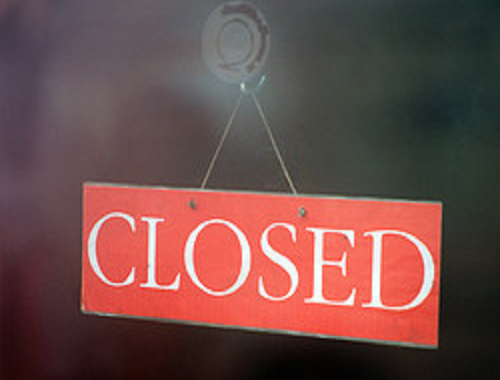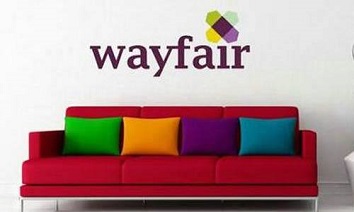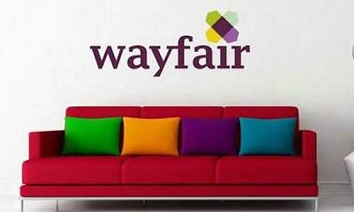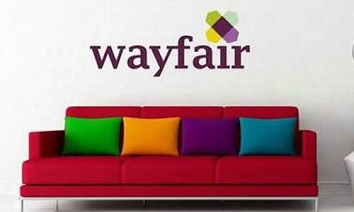Wayfair stock shoots up 30% in first day of trading
The stock of online home furnishings giant Wayfair surged 30% in its opening day of trading Thursday despite some concerns about the valuation compared with other public ecommerce players.

The stock of online home furnishings giant Wayfair surged 30% in its opening day of trading Thursday despite some concerns about the valuation compared with other public ecommerce players.
Boston-based Wayfair is trading under the “W” ticker symbol on the New York Stock Exchange. The starting $29 share price came in one dollar over the high end of a $25 to $28 pricing range previously estimated, and the stock closed on its opening day at $37.72. It’s down a bit this morning at about $35.10.
A total of 11 million shares of its Class A common stock were offered — 10.5 million by Wayfair, raising $304.5 million in capital for the company, and 500,000 shares offered by other stockholders. In addition, the company said the offering underwriters have been granted a 30-day option to purchase an additional 1,650,000 shares from the selling stockholders.
Wayfair’s earlier pricing estimate of $25-$28 per share valued the company at more than $2.3 billion, which had one investment banker and ecommerce analyst saying the online home furnishings giant is overvalued.
Abe Garver, based in New York for BG Strategic Advisors, said that at the high end — $28 per share — Wayfair was valued at 2.1 times trailing 12-month revenues, which he considered too high for a company that had not returned a profit and reported in a Securities and Exchange Commission filing that its acquisition cost per customer was $46 in the third quarter of 2013, compared with $36 in the third quarter of 2011.
That valuation compares to Amazon’s 1.8 multiple to revenues and a 0.2 multiple for Overstock.com, which has been turning a profit, Garver noted.
Garver contended a closer to fair valuation would be between $17.25 and $21.25. Garver set out his reasoning in an opinion piece that ran on Yahoo Finance late last month.
So why the higher valuation? Garver said it “may be a function of the valuation that institutional investors paid (in financing rounds for Wayfair) prior to the IPO, and pressure from those institutional investors to at least break even and not lose money on their investment.”
Asked about the opening-day price surge, Garver emailed Furniture/Today, saying he’s sticking to his view.
Not everyone appeared as concerned about Wayfair’s valuation. In a Wall Street Journal report, Wayfair is compared to ecommerce retailer Zulily, which it said is trading at nearly 1.8 enterprise value to sales forecasts for 2016, attributing the information to a Nuveen Asset Management analyst. That compares to a 1.0 enterprise value to 2016 sales forecast for Wayfair at the middle of Wayfair’s stock pricing range, the report said.
The analyst, Troy Huff, noted in the story that it’s a substantial discount to Zulily, and said, “Whether it should trade at that multiple is up for debate.”
CNBC’s Bob Pisani said in a column last night, “Even though the company doesn't make money, it is increasing revenues” about 35% a year, and “in a world starved for growth, investors will pay up for it.”





 沪公网安备31010402003309号
沪公网安备31010402003309号



